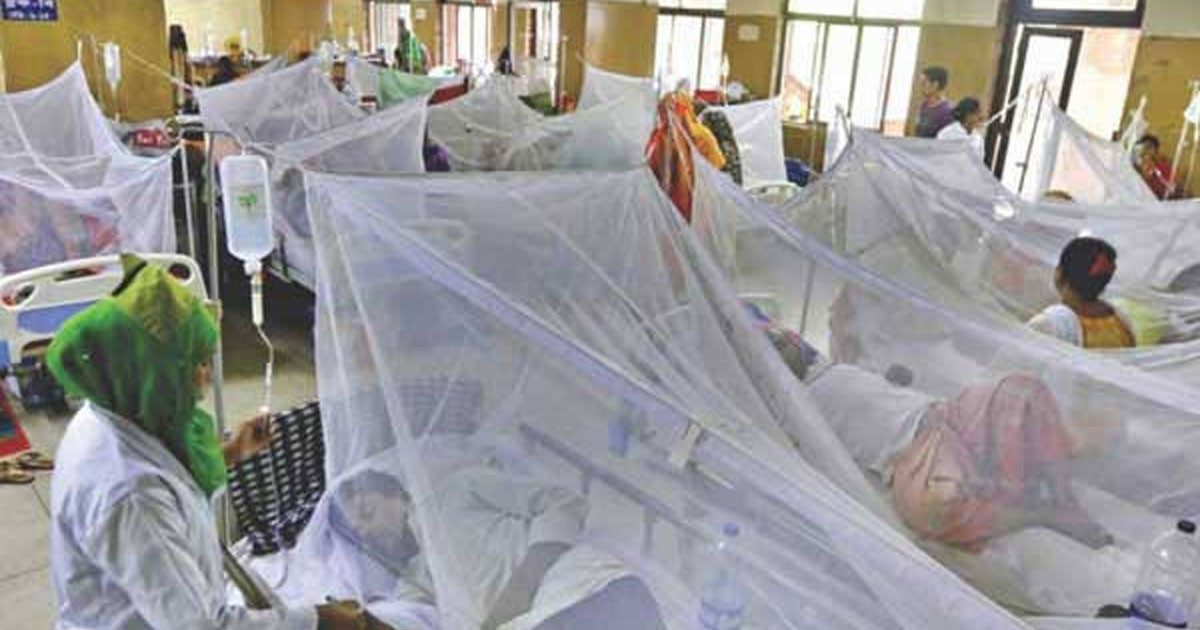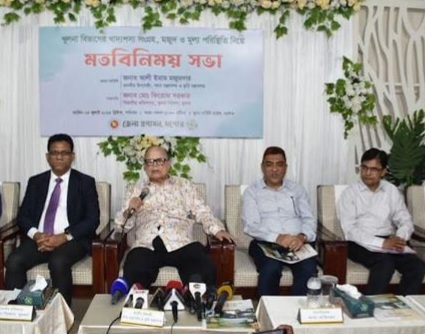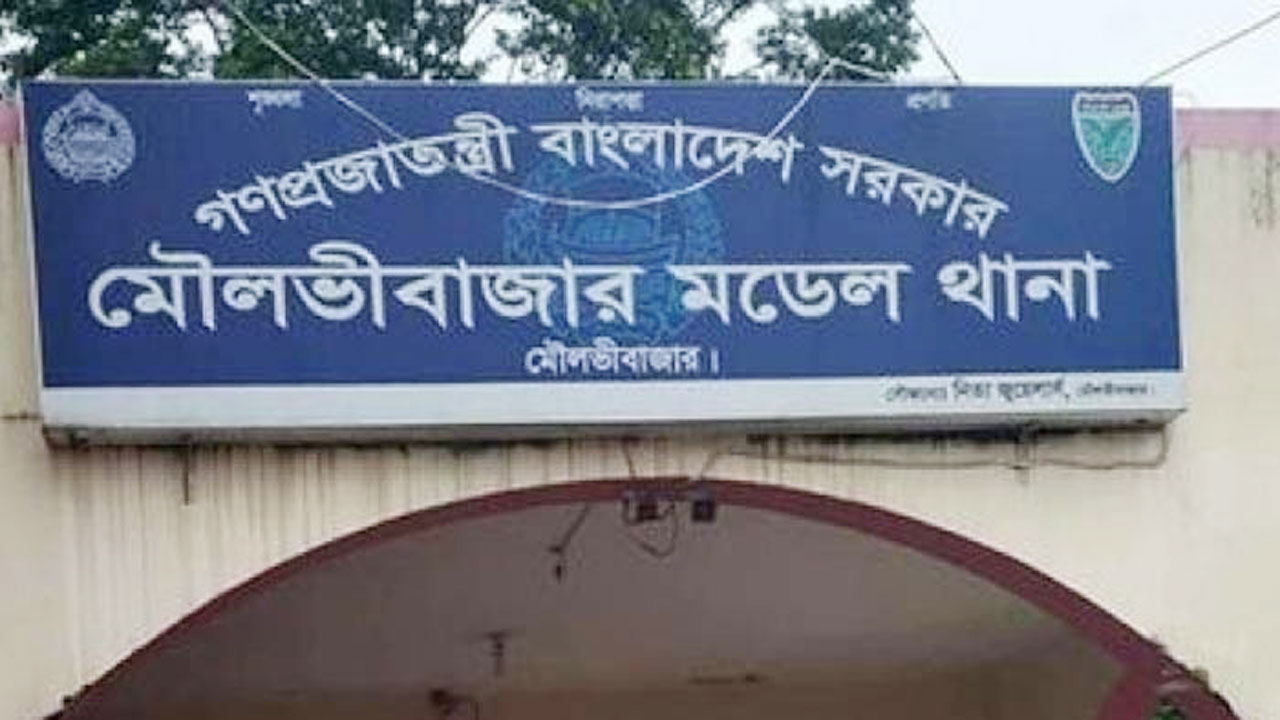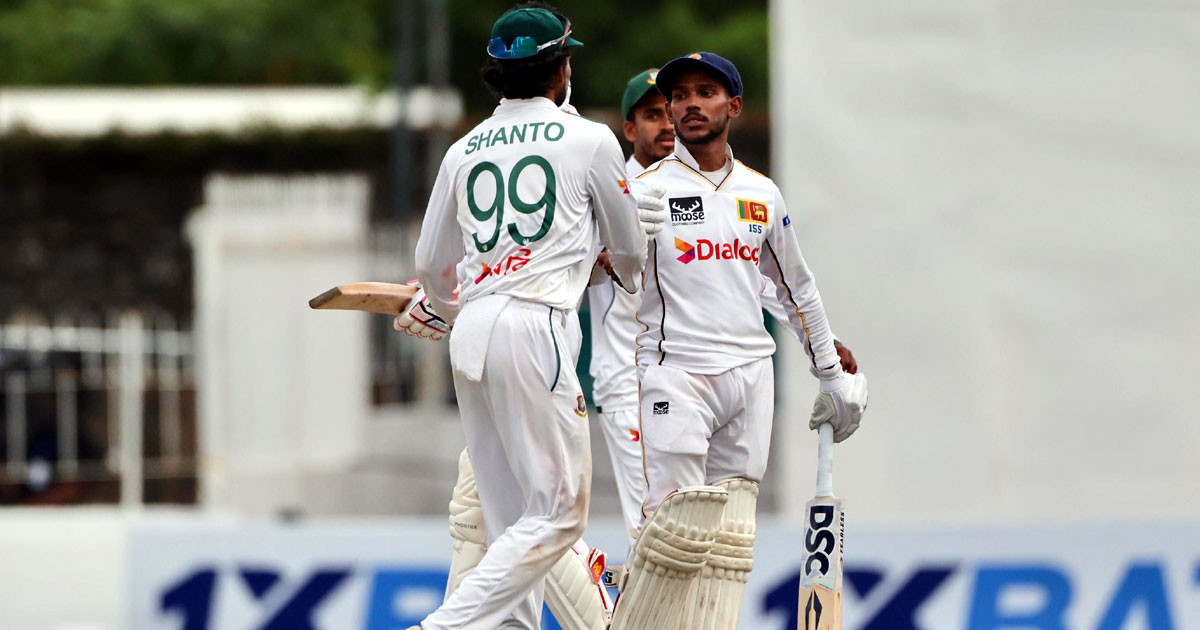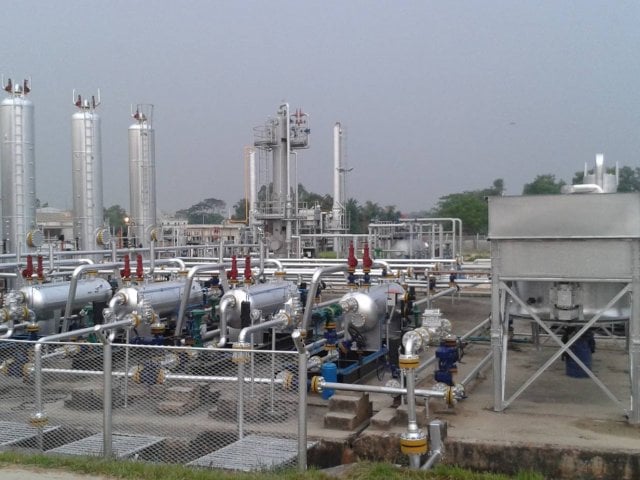
In a move to strengthen Bangladesh’s energy security, the government has taken the initiative to drill two deep exploration wells in the Titas and Bakhrabad gas fields. The project aims to produce an estimated 9,125 million cubic feet of natural gas annually, which will be supplied to the national grid.
The proposal for the project, titled “Drilling of Two Deep Exploration Wells in Titas and Bakhrabad Gas Fields”, will be presented today (Sunday) at the meeting of the Executive Committee of the National Economic Council (ECNEC), chaired by Chief Advisor and ECNEC Chairperson Dr Muhammad Yunus. The meeting will be held at the NEC Conference Room in Sher-e-Bangla Nagar, Dhaka.
Bangladesh Gas Fields Company Limited (BGFCL), a subsidiary of Petrobangla, will implement the project under the Energy and Mineral Resources Division of the Ministry of Power, Energy, and Mineral Resources.
Kartick Chandra Ghosh, General Manager (Planning and Development) of BGFCL, confirmed to Daily Sun that the project proposal will be placed before ECNEC today. “Once approved, we will begin work immediately,” he stated.
Project details and timeline
The project has an estimated cost of Tk798 crore, with the government contributing Tk558.60 crore. The remaining Tk239.40 crore will come from BGFCL’s own funds. The drilling operations are scheduled to commence in January 2025 and continue until June 2027.
Under the plan, two deep wells—Titas-31 and Bakhrabad-11—will be drilled to depths of approximately 5,600 meters and 4,360 meters, respectively. Based on recommendations from the technical committee and foreign consultants, it is expected that the wells will yield a combined daily output of around 25 million cubic feet of gas—15 million from Titas and 10 million from Bakhrabad.
Other major components of the project include third-party engineering services, rig foundation construction, the development of approximately 5.5 kilometers of gas gathering pipelines, and the appointment of international consultants.
Aligned with the 8th Five-Year Plan, the project is anticipated to enhance the efficiency of primary energy supply and support Bangladesh in achieving Sustainable Development Goal (SDG) 7.1, which focuses on access to affordable, reliable, and modern energy.
Context: Tackling the gas crisis
Bangladesh is currently facing a significant energy crisis. Daily demand for gas stands at around 4,000 million cubic feet per day (mmcfd), but domestic production has declined to just 2,000 mmcfd. The country imports around 1,000 mmcfd of liquefied natural gas (LNG) via two floating storage and regasification units (FSRUs), still leaving a deficit of 1,000 mmcfd.
To reduce reliance on expensive LNG imports, which cost over Tk16,000 crore in the 2020–21 fiscal year, the government is focusing on boosting local production. Petrobangla Chairman Zanendra Nath Sarker noted that industrial sectors are now being prioritized for gas supply over power generation. He also expressed optimism that if drilling projects are approved promptly, up to 50 new wells could be drilled by the end of 2025, and 100 by 2028.
Addressing gas theft and wastage
Gas theft and wastage remain significant obstacles. An estimated Tk12,000 crore worth of gas is lost each year, largely due to illegal connections. In response, the government has intensified crackdowns, recently disconnecting 5,000 illegal connections in Keraniganj, including 110 industrial lines. Similar operations are planned in Narayanganj, Gazipur, Savar, and Ashulia.
Business leaders have urged the government to implement stricter controls on gas usage, including rationing for households and vehicles, to reduce misuse.
Improving efficiency
Research by the International Energy Forum (IEF) indicates that the average efficiency of self-produced power plants in the industrial sector is only 35.38%. Upgrading to high-efficiency generators could improve this rate to 45.2%, significantly cutting gas demand. Utilizing waste heat from generators could further enhance productivity and potentially save up to 50.18 billion cubic feet of LNG annually.
Broader Development Agenda
The ECNEC meeting will also review 13 additional new and revised development projects. These include initiatives addressing the Rohingya crisis, environmental pollution control, agricultural recovery, urban sewerage systems in Chattogram, port development, water supply upgrades, railway and river transport infrastructure, geological survey enhancements, and social safety programs.




